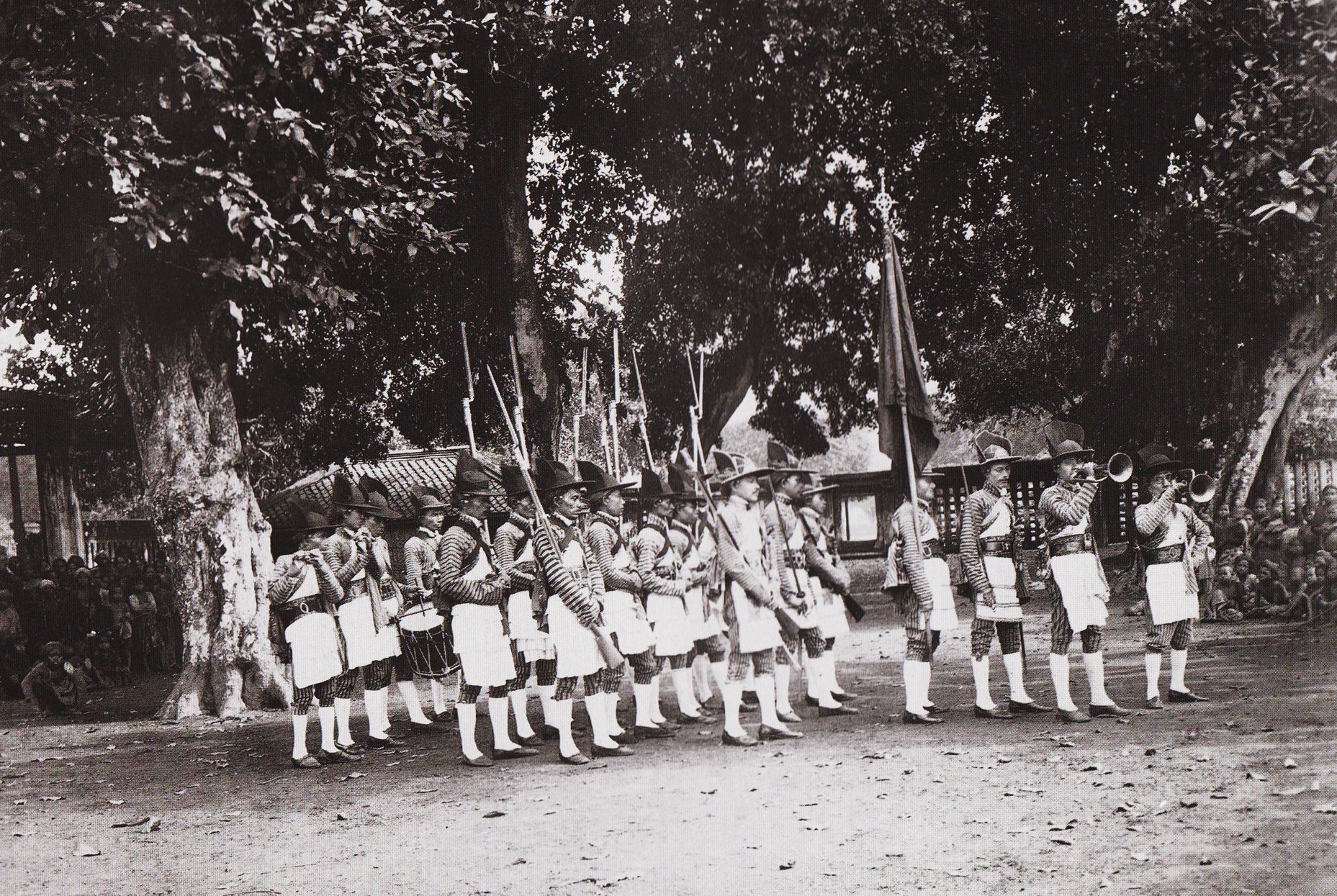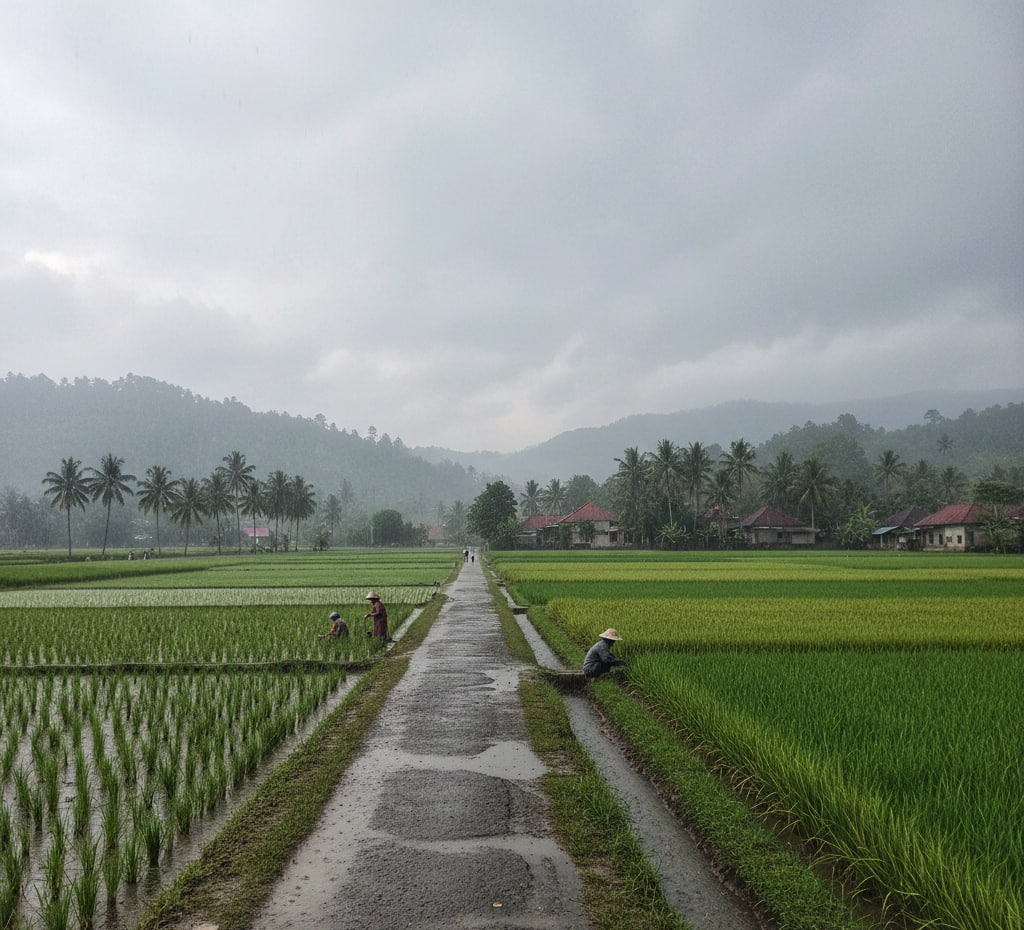News
The Role of Wali Songo in the Spread of Islamic Teachings in Java
In the 15th to 16th centuries, Java witnessed one of the most significant chapters in the history of the spread of Islam in the archipelago, thanks to the crucial role played by the Wali Songo. The Wali Songo, known as the nine spiritual figures, were important pioneers in the spread of Islamic teachings on the island of Java. They came with a mission to introduce and teach Islam to the Javanese people, who at that time mostly still adhered to Hinduism-Buddhism and local traditions.
The presence of the Wali Songo in Java brought about major changes in the religious and cultural landscape on the island. The method of preaching that they applied was very different from what had been done before. They did not only teach Islamic teachings in theory, but also tried to understand and appreciate the existing local culture. This approach, known as preaching with a cultural approach, allowed them to spread Islam in a more effective way and was well received by the community.
The Wali Songo used an adaptive preaching strategy, namely they integrated Islamic teachings with existing local traditions. Instead of forcing change directly, they tried to communicate and interact with the community through gentle and understanding methods. For example, they not only taught Islamic worship but also adapted some local rituals into Islamic religious practices. This approach helped reduce resistance to the new religion and created a synthesis between Islam and Javanese culture, which made Islamic teachings more easily accepted by the community.
Among the nine Wali Songo, there were figures who came from diverse cultural backgrounds. Sunan Ampel, one of them, came from Hadramaut in the Arabian Peninsula, while Sunan Gunung Jati came from Cirebon. This diversity of backgrounds gave additional strength to their preaching. They were able to connect Islamic teachings with various aspects of Javanese society, building bridges between Middle Eastern and local cultures. These differences in background also allowed them to establish constructive intercultural dialogue, as well as blend Islamic values ??with existing Javanese traditions.
The preaching method applied by the Wali Songo also involved efforts to understand local wisdom. They not only focused on the theological aspects of religion but also paid attention to the social, cultural, and economic aspects of society. They tried to build good relations with non-Islamic religious figures and strengthen the universal values ??of brotherhood, justice, and compassion. Through this approach, they created continuity between Islamic teachings and local customs, so that Islamic teachings could be accepted more easily and naturally by the Javanese people.
The legacy left by the Wali Songo is very obvious in the lives of modern Javanese society. Various mosques and Islamic boarding schools founded by them still survive and continue to function today. These mosques not only function as places of worship but also as centers of educational and social activities that support the spiritual and social development of the community. In addition, many classical books written by the Wali Songo are still studied and used as guidelines in religious life. These works not only cover religious teachings but also contain moral and ethical values ??that are important for everyday life.
The influence of the Wali Songo is also seen in the customs and habits of the Javanese people. Although the Javanese people still maintain some elements of local wisdom, they have integrated Islamic values ??into their daily lives. Previously existing local traditions have been enriched with Islamic values, creating a unique and distinctive culture.
However, the role of the Wali Songo is not free from controversy and debate. Some people believe that the narratives about them are often spiced with myths and legends, making it difficult to distinguish the actual historical facts. For example, the stories of miracles and wonders attributed to them are often difficult to verify. Nevertheless, their contribution to the spread of Islam and its influence on Javanese culture cannot be denied. Overall, the role of the Wali Songo in the spread of Islamic teachings in Java is a clear example of how an adaptive and sensitive approach to local culture can produce a harmonious integration between a new religion and existing traditions. Through their efforts, Islam was not only introduced but also accepted and maintained as an important part of the cultural and religious identity of the Javanese people. The legacy they left behind continues to contribute greatly to shaping Javanese society to this day, reflecting the profound impact of their preaching.



